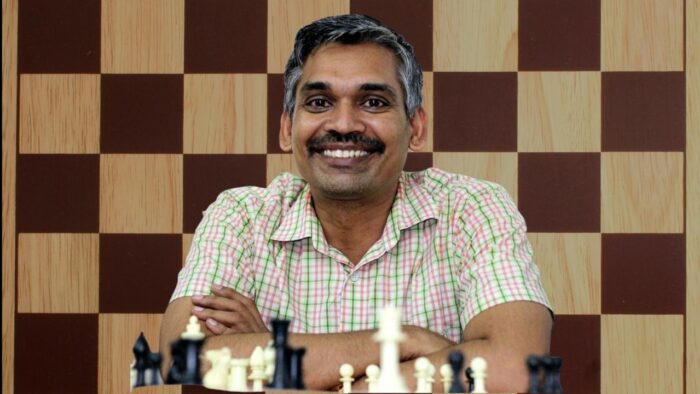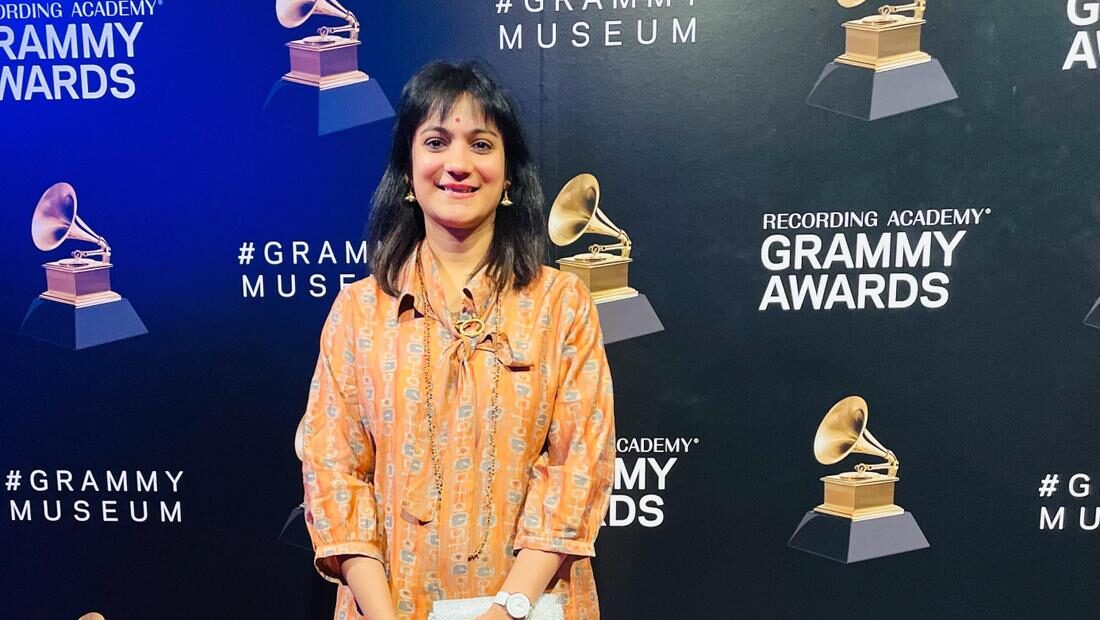There are many Indian tales about chess. Yes, it is the country that invented the sport and there are many stories which refer to the game in its ancient form. In fact, this article: https://www.induqin.com/post/what-india-taught-the-world-about-chess, is all about what India has taught the world of chess. It also talks about chaturanga.
Chaturanga is the original name for chess. The majority opinion among historians of Chess is that it began as a game of Indian origin called Chaturanga. This name was Sanskrit for four arms. “The chatur part means four and is related to our word quarter, while the anga part means arms and is used in this context to mean arms of the military, just like we use arm in terms like army and armed forces. The game was a simulation of war, in which each arm of the military was represented, these being chariots, cavalry, elephants, and infantry. Besides these, there was a king and his advisor. The game was played on an 8x8 board called an ashṭāpada, which was borrowed from an earlier game that was likely a race game.” (Read more about Chaturanga: Chaturanga (chessvariants.com))
But the story I like the most is of young boys and girls in present day Tamil Nadu, learning the game and playing as equals with champions from around the world. There is doubt whether it was Ravana who played chess to amuse Mandodari or whether it was she who invented the game to stop him from waging wars, with the help of Ganesha. There is no doubt, however, that these girls and boys from across India enjoy the challenge of making moves that make them win game after game.
CSP spoke to the only second Grand Master (in 2002) from Tamil Nadu, R B Ramesh, who is married to Aarthie Ramaswamy, who was awarded the title of Woman Grand Master (WGM) by FIDE in 2003. Ramesh is an Olympic team coach as well as the founder of Chess Gurukul in Chennai. He has been responsible for many young Indian players becoming GMs.

For Ramesh, there are some special memories - Vishwanathan Anand becoming India's first Grand Master in 1988, Anand becoming world champion in 2000, and subsequently another four World titles, each of them special. He cherishes the year 2015 when India won 5 Gold medals in the World Youth Championship, and when India won the Bronze medal in Chess Olympiad 2014. “There are numerous other achievements by Indian players but these are very close to my heart personally.”
During lockdown, many youngsters have been inspired by the Netflix series Queen’s Gambit that was about a 1950s orphanage, where a young girl reveals an astonishing talent for chess and begins an unlikely journey to stardom while grappling with addiction. Says Ramesh, “Interest in Chess indeed has seen healthy growth in the last couple of decades and a more than phenomenal growth in the lockdown period. The positive influence of Netflix series Queen's Gambit, rise in numbers of Youtube and Twitch streamers, more children moving to online learning, etc have all contributed to the rise in popularity of the game.”
Ramesh himself attributes his own interest and success to the iconic Vishwanathan Anand. “Despite chess originating in India, it took India's first Grandmaster Viswanathan Anand's exploits to revive interest in Chess in India. In recent years, our young players have been doing extremely well in the international arena. Our players have earned the respect and admiration the world over with their hard-working habits and talent.”
Ramesh says among Indian chess players, there are 72 grand masters, 124 international Masters, 20 Women Grand Masters and 42 Women International Masters and a total of 33,028 rated players as of January 2021 (according to FIDE, the International Chess Federation). “We are well-positioned now to make a big impact in the International Chess scene. As mentioned above, our young players are making a huge impact in the International scene and it can only get better from here.”
In January of 2019, co-founder of ChessBase and former editor-in-chief Frederic Friedel made a trip to India, to visit his partners at ChessBase India, to visit two big GM Opens, and to meet some young geniuses. There was a pre-teen GM, a number of candidate GMs in their very early teens, and a delightful U12 girl's world champion. He used the opportunity to conduct his famous talent test on them. Here is video of young Savitha Shri taking on the challenge https://www.facebook.com/watch/?v=1017052385149112

Fredriec Freidel says in a few years from now, three of the top 10 players in the world will be Indians. Ramesh says this is very much possible, but a lot of work needs to be done in this regard. “It will all boil down to if India can provide the necessary training and playing opportunities to our young champions. Currently, many of our young players are being trained by foreign coaches. Our young players play more in Europe than in India since quality tournaments are lacking.”
We asked Ramesh about the role of Chess in increasing India's soft power across the world as it is a global sport and has a greater following than any other Indian sport. Does he believe people now recognise India as a great Chess sporting nation? “Sports successes can give the nation a big boost in changing the perspectives and mindsets of how other nations look at us. In this regard, the success of Chess players from India at the International level has created an image of India being a nation of hard-working and intelligent young population which is good for us.”
However, the country is not a big draw for international players. “Unfortunately, not many top International players come to India to participate in our competitions for various reasons. We are now ideally placed to organize strong International chess tournaments within India and help thousands of talented chess players to compete with international players and become stronger in the process.”
There are many reasons for the success, says Ramesh. “Indians are generally considered to be soft, humble, intelligent, hard-working people. I agree this is a broad generalization that probably is not far from reality. Our children generally do well in Maths Olympiad, Spelling competitions and in competitive examinations around the world. Given this background, it is not surprising that our young chess players are also excelling in the International arena.”





